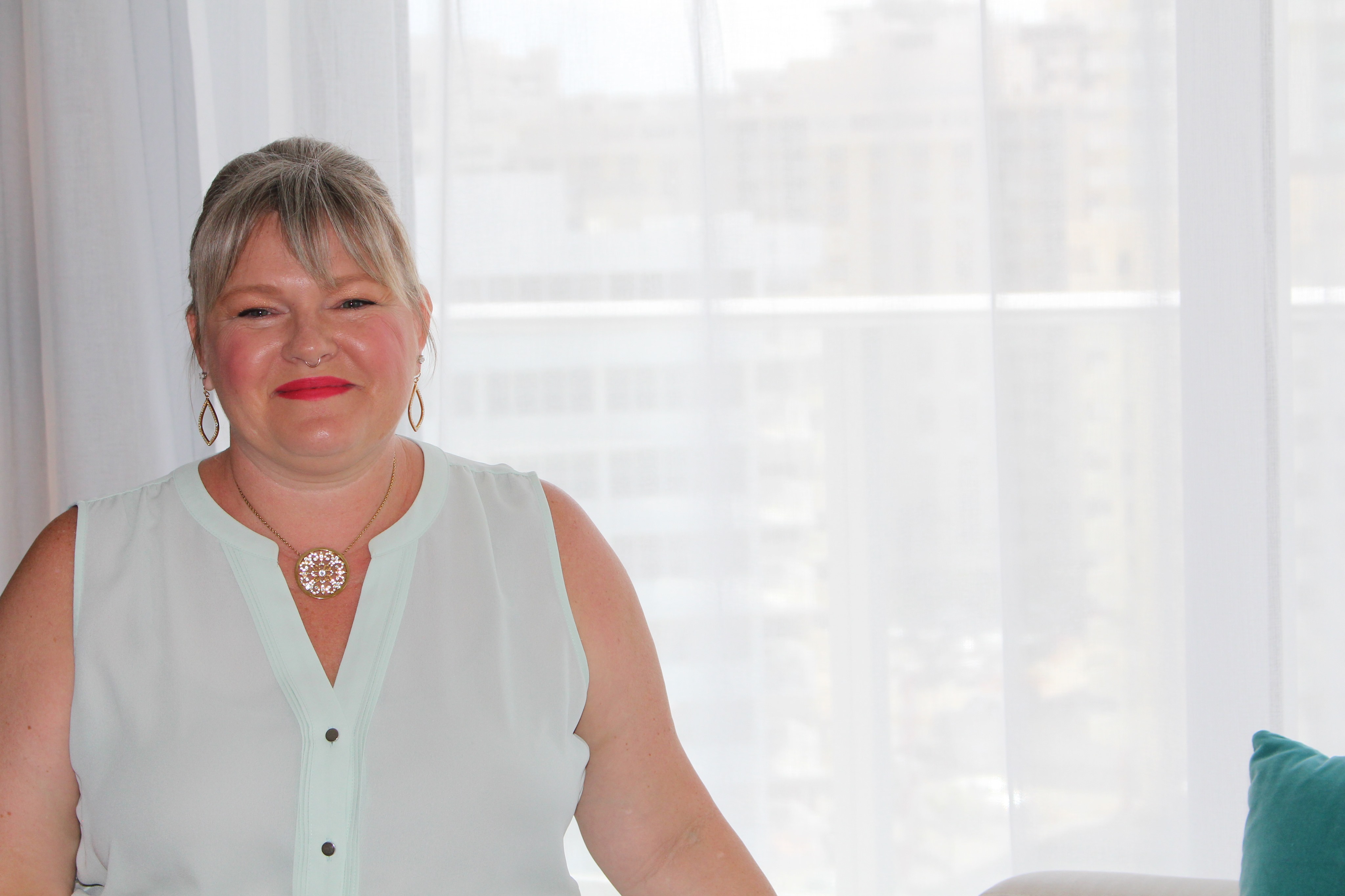 When I tell people I’m a self-love mindset coach, they often say to me “Do people really need to learn how to love themselves? Come on.”
When I tell people I’m a self-love mindset coach, they often say to me “Do people really need to learn how to love themselves? Come on.”
To which I reply “Yes, let me share a few of the ways you may recognize where you are lacking self-love.”
It never fails, within the first couple of examples, the light bulb goes off and they see the value of practicing intentional self-love.
The top example I give is negative self-talk, i.e. self-judgment. Self-judgment is often so ingrained in our internal dialogue that we often don’t realize how poorly we are talking to ourselves. I once read a saying that essentially said, if you wouldn’t say it to another person, don’t say it to yourself. How often do you say mean sh#t to yourself that you wouldn’t dare say to another person?
I’m not talking about occasionally chiding yourself for doing something you consider dumb. I’m talking about the abusive language we use to keep ourselves limited, less than, and disempowered.
The biggest way this shows up for women is our body, then our value based on what we can offer others, and finally guilt. Feeling guilty for being selfish (selfish as in actually taking care of ourselves and our well being, putting yourself first).
Negative things we say about our bodies:
- I’m too fat.
- I’m too skinny.
- I’m too light.
- I’m too dark.
- My boobs are too big.
- My boobs are too small.
- My butt is too big.
- My butt is too small.
This list could go on forever, you get the point. These observations about ourselves then lead to mental criticism about how we eat and exercise, either not enough or too much. How we look in our clothes and out of our clothes. We won’t go into how we can rip apart our faces and hair.
Not sure if you are judging yourself often or how harshly? An easy way to check is to keep a mental count of how many times a day you catch yourself saying something mean to yourself. I say a mental count because once you get to 10 you’ll be pretty fed up with yourself. This works for all ways we are judging and criticizing ourselves, but you can pick one topic, like your body, and start there.
We base our value on what we can do for or offer others.
If we don’t have something to give someone else or we can’t do something for them, we assume we have no value to offer. This nasty dialogue sounds like:
- If you were a better cook you could have brought some food.
- If you were craftier you could’ve whipped up a quick gift.
- If you were smarter you could’ve solved their problem for them.
- If you clean their house for them, they’ll like you better.
- If you do their work for them, you’ll show them how important you are.
- If you let them go first they will see how nice you are and everyone likes a nice person. (there is a false value in being nice)
- If you were…….
Again you see where this is going. As women, we’ve been trained to believe that just showing up and offering time with us is not enough. We need to bring something of value or we are worthless. We need to be able to do something or we are worthless. We’ve trained ourselves into a tit for tat system. When quite often, just our presence and the love we radiate has always been enough.
Releasing the judgment we have on our own value opens us up to show up as ourselves and truly give to others the best of who we are.
Once you’ve tallied how many times you are talking badly to yourself, the next step is to flip the script. Every time you catch yourself saying something negative, just change it to something positive. Whether you believe it or not. You can start practicing positive self-talk in each and every moment.
And last, but definitely not least, GUILT.
Guilt is the underlying emotional energy that fuels most of the negative talk and feeling worthless.
The definition of guilt is “the fact of having committed a specified or implied offense or crime”.
Now apply that understanding to the things you feel guilty about. Most of us feel guilty for things we haven’t even done.
The biggest way we feel guilty is by loving, honoring, cherishing, and believing in ourselves. And if we dare to do any of those things, we feel guilty for doing so.
Guilt is a useless emotion. Guilt is a way to manipulate ourselves and others. Go ahead and think of all the stereotypes and stories of mothers who have guilted their children.
If you have done something crappy, truly crappy to another person, feeling remorse, making amends, and forgiving yourself (and them if needed) is the healthiest way to shift the energy and honor everyone. Then from a place of love, not guilt, do something loving for them, if that’s what you choose.
When you feel guilty, that seeps into every area of your life. The person you feel guilty about is being bathed in your low vibe energy, not your love. Guilt and love and not related and have nothing to do with each other.
LOVE gives, builds up, empowers, embraces all who are in its presence.
GUILT holds back, takes from, suffocates all who are in its presence.
Can you start to see how the energy of guilt has been limiting you in your ability to love yourself more? When you love yourself more you are giving the best of who you are to everyone who comes in contact with you.
The top three ways we judge ourselves and hold ourselves back from receiving our own love are:
- Judging our bodies
- judging our value
- judging ourselves via guilt
The three steps to take to practice non-self-judgment and step into our own self-love are:
- Keep a mental count of how many times a day you talk negatively to yourself. Remember it’s mental because once you hit 10, you’ll be pretty fed up with yourself. And to make it easy, pick one topic, such as your body.
- Now that you are aware of your mental mean mouth, shift the negative to a positive. It doesn’t matter if you believe it. You are training yourself to speak kindly to yourself, the same way you trained yourself to speak meanly.
- When you catch yourself feeling guilty, remind yourself that you have the power to change anything in the present. Acknowledge your remorse, make amends if possible, and practice forgiveness. Then choose to see the situation with love, so you are bathing the object of your attention in high vibe love. I do this by reminding myself, that everyone (including me) is doing the best they can with what they have. And once we know better we do better.
I’d love to hear how you’ve been able to transform your experience of yourself with these 3 steps. Please comment below.
From my soul to yours,
Liza Jane Wolf


